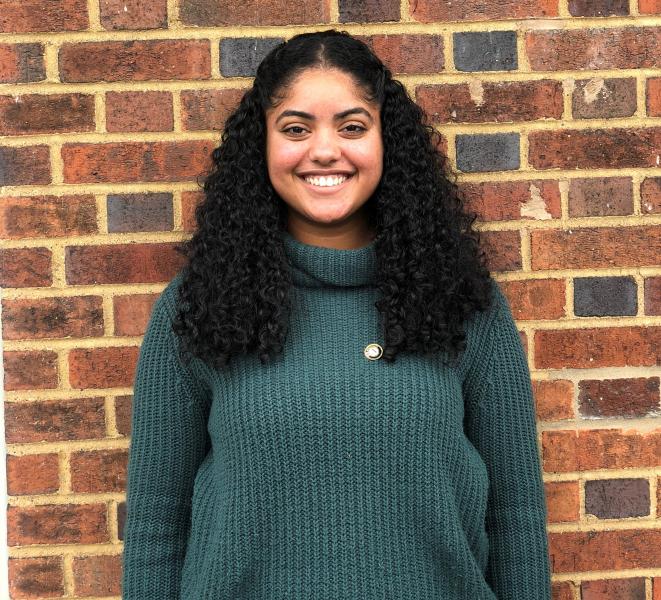Holistic Care: Navigating Public Transportation
When I was learning about all the positions National Health Corps had to offer, I noticed the variety between clinical and non-clinical positions. For a moment, I was unsure which type I wanted to spend a year doing. After much deliberation, I knew a non-clinical position would give me the same and maybe even more opportunities to help an individual get overall access to healthcare as well as other services they may need. When analyzing what I wanted to get out of this year, I knew I wanted to make sure that I could help someone holistically. The position I chose was a perfect match.
As a Care Coordinator at Children’s Hospital of Pittsburgh Adolescent Medicine, I mainly serve a group titled CHANGE (Children’s Hospital Advisory Network for Guidance and Empowerment). The group consists of youth ages 14-26 years old who have either a chronic illness or disability. The members and I collaborate to ensure they build life skills and self-advocate in their journey from pediatric to adult healthcare. Through our monthly meetings and occasional one on ones, we come up with ways for them to expand their knowledge and grow. Each member has the opportunity to work on an individual project regarding anything they want. For example, one member is starting a project about the advantages and disadvantages of self-driving cars in Pittsburgh for someone with a visual impairment.
Since starting my position, I have been working closely with one CHANGE member, whose project is about transportation and the barriers, discrimination, and challenges she faces as a woman who uses a walker. This member relies heavily on the public bus system to complete all her errands such as grocery shopping, visiting the doctor, CHANGE monthly meetings, etc. Due to riding the bus for every necessity, she has faced many different transportation issues. On a number of occasions, the bus drivers do not lower the bus to make it easier for her to get on, become impatient & rude if she isn't speedy enough, and do not enforce the rule of priority seating for the elderly/people with disabilities. With all these challenges, it makes it extremely difficult for her to get around the city.
Despite having many challenges with the public bus, this member has kept fighting for her right to be treated equal. In spite of these barriers, she continues to use the public bus. Otherwise, she would not be able to maintain her health or lifestyle. On this project, we are working one on one to record every negative and unjust encounter, then compile it into a presentation to help the community become aware of the challenges she faces on the bus. This project is the epitome of what CHANGE is here for. It is helping this member build crucial life skills and learn how to stand up for herself. Having this opportunity will also empower her to make important and educated decisions regarding her life and one day the healthcare she receives. Working on this project reaffirmed my initial thoughts about being able to help someone holistically in their lives. The CHANGE program offers that opportunity and so much more.

This post was written by NPHC member Leslie Hernandez.
Leslie serves at Children’s Hospital of Pittsburgh Adolescent Medicine as a Care Coordinator.